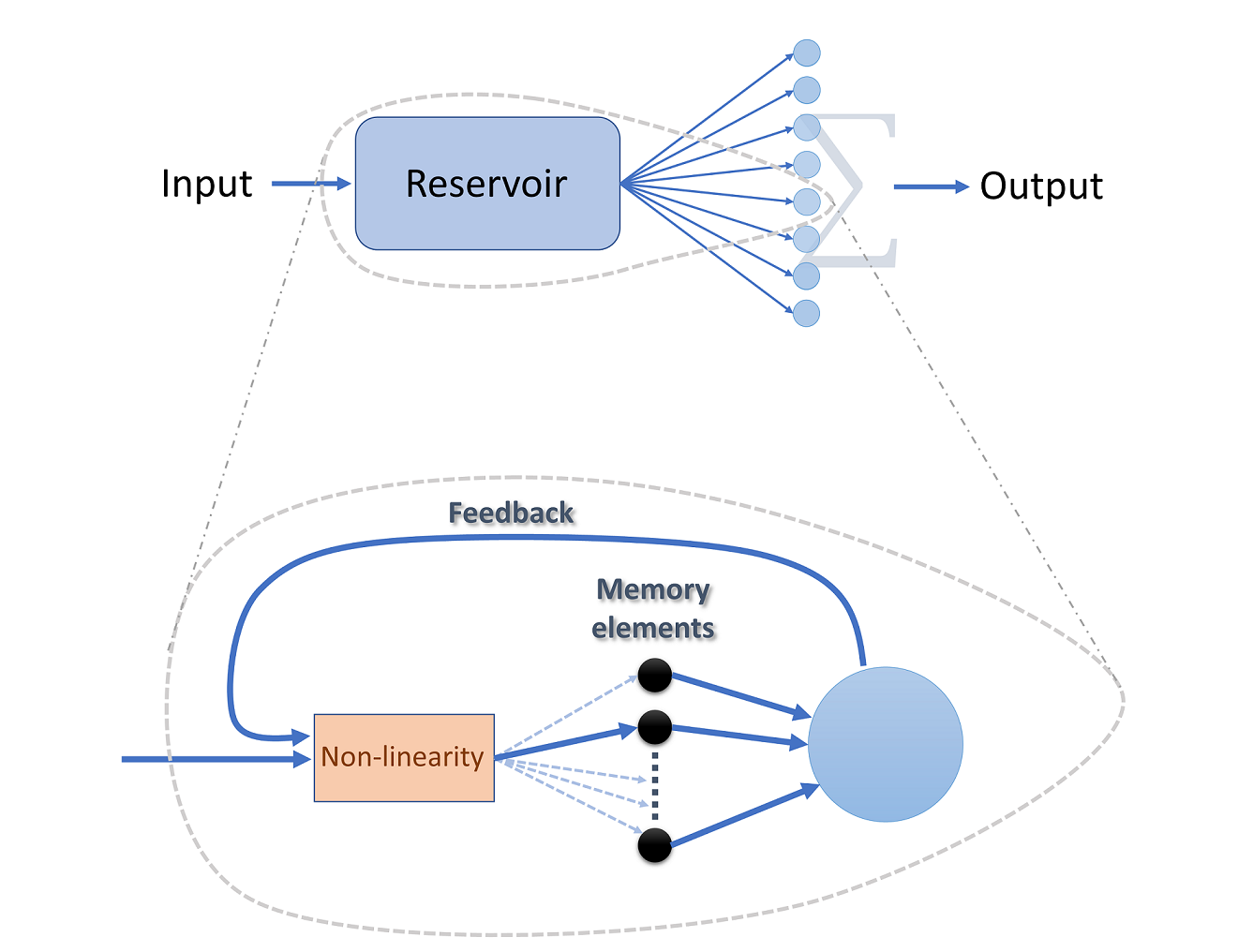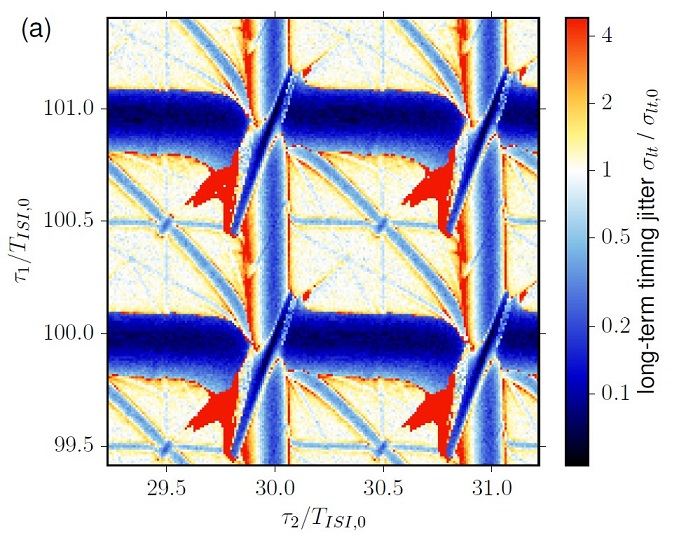Brain-inspired or neuromorphic chips working with biologically inspired spiking neural networks have gained attention as they promise highly efficient ways to process data. Developing neuromorphic systems with electronic and photonic hardware is part of the new European collaborative project SPIKEPro (Spiking Photonic-Electronic IC for Quick and Efficient Processing) within the European Innovation Council (EIC) framework. TU Ilmenau is one of the partners that are gathered from TU Eindhoven, University of Strathclyde, University College London, and HP Enterprise Belgium. SPIKEPro proposes a science-towards-technology breakthrough by combining low-energy electrical and photonic neurons into a joint spiking neural network on an integrated circuit. SPIKEPro's chip integration approach is based on a common technology platform, connecting ultrafast laser optical neurons with efficient electrical spiking diodes through non-volatile synaptic weights. This enables to simultaneously capitalize on the advantages of both electronics and photonics to deliver efficient and high-speed SNNs going beyond existing implementations. In addition to reducing the energy consumption per spike in the network, SPIKEPro will also develop novel learning strategies and algorithms able to work with reduced number of synaptic connections. The outcome of SPIKEPro will have lasting economic, societal and scientific impact. The project will bring ultra-fast and efficient neuromorphic hardware into the disparate fields of edge computing, sensor data processing, high-speed control and computational neuroscience.





